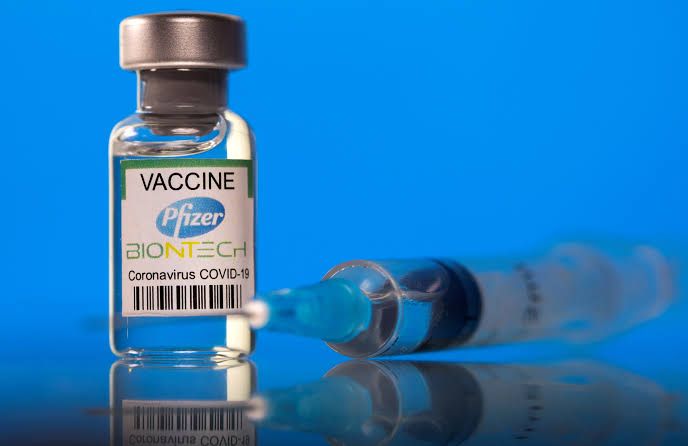European Union Secures Vaccine Reserves: A Proactive Strategy or a Step Towards Vaccine Apartheid?
In response to the learning curve of the COVID-19 pandemic, the European Commission announced on Friday an agreement to reserve the capacity to produce up to 325 million vaccines per year in case of future health emergencies. This reserve will cover mRNA, vector-based, and protein-based vaccines, effectively preparing the European

In response to the learning curve of the COVID-19 pandemic, the European Commission announced on Friday an agreement to reserve the capacity to produce up to 325 million vaccines per year in case of future health emergencies. This reserve will cover mRNA, vector-based, and protein-based vaccines, effectively preparing the European Union for a rapid response to unforeseen global health crises.
The contract includes Pfizer and several European companies, ensuring their readiness to promptly react to a crisis. These companies will keep their facilities up-to-date and continuously monitor their supply chains, including stockpiling when necessary. In the event of a new public health emergency, rapid production would commence.
The selected facilities for this project include Pfizer's plants in Ireland and Belgium, which will reserve capacity to produce mRNA vaccines. Spanish companies Reig Jofre and Laboratorios Hipra SA have been chosen to reserve capacity for protein-based vaccines, and Bilthoven Biologicals B.V. of the Netherlands for vector-based vaccines.
The European Commission states that the motivation for this initiative stems from the experiences of the COVID-19 pandemic, emphasizing the need for Europe to be better prepared for future health emergencies.
However, this strategic move has also raised concerns among vaccine equity activists. They warn that the EU risks a recurrence of what the World Health Organization (WHO) labeled as “vaccine apartheid” during the COVID-19 crisis. "After a pandemic in which developing countries were sent to the back of the queue for vaccines and treatments, the EU and pharmaceutical companies seem to be planning to do it all over again in the next health crisis," says Mohga Kamal-Yanni, policy co-lead for the People’s Vaccine Alliance.
In light of the COVID-19 experience, the WHO has urged governments and manufacturers to reserve up to 20% of any tests, vaccines, or treatments for the global agency to distribute in poorer countries. This is part of a draft of a global pandemic agreement currently under discussion, which seeks to avoid a repeat of the so-called “catastrophic failure” during the COVID pandemic.
While the European Commission's approach demonstrates a proactive readiness strategy, it also raises important questions about global vaccine equity. The balance between rapid response capabilities and fair distribution is likely to remain a key challenge in future global health emergencies. The world will be watching closely to see how these dilemmas unfold in the wake of this new agreement.




